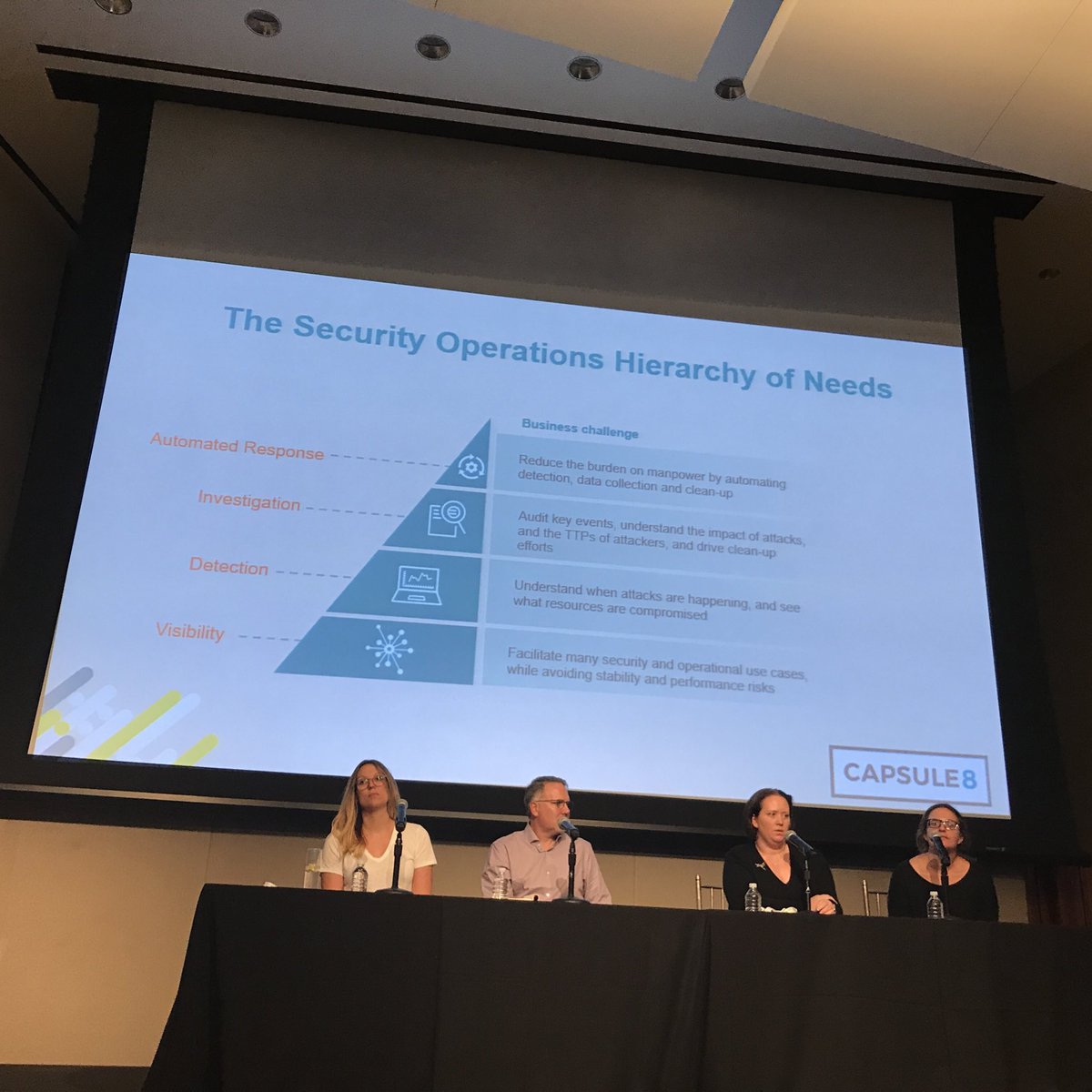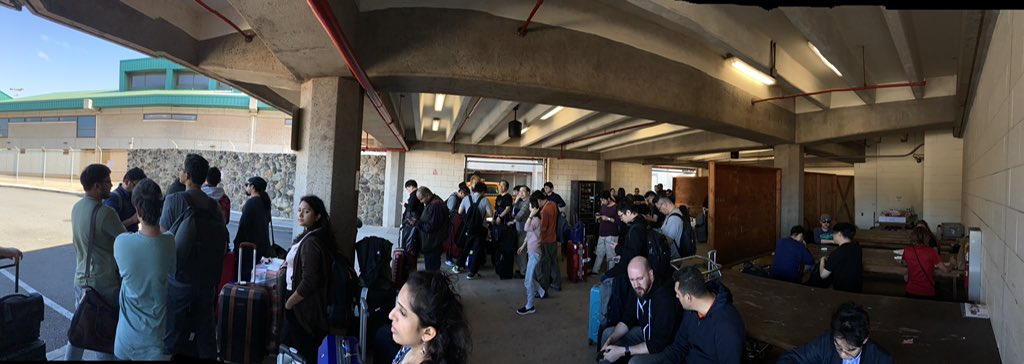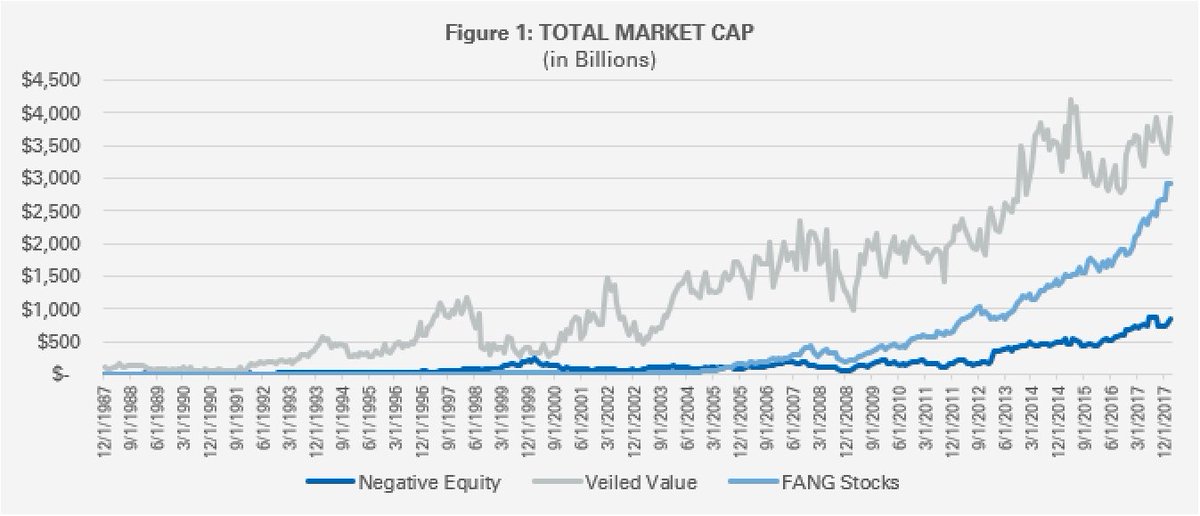This paper explores why, & I’m gonna highlight some interesting things from it in this thread: nber.org/chapters/c1425…
1/14
Turns out antitrust policy mid-century discouraged M&A & led corporations to focus on internal R&D for innovation (vs acquiring it). Maybe renewed antitrust focus will bring them back?
2/14
“Larger firms therefore invest in scientific capability not so much to generate knowledge as to be effective buyers of knowledge”
7/14
Companies will reduce research when knowledge spills out, because the ROI from research is less.
8/14
But, diversified firms are the best ones to “exploit the unpredictable outcomes of scientific research.” Oops!
9/14
Universities & startups don’t seem to be enough.
10/14
1) Focus on systemic & architectural innovations vs autonomous ones
2) Solve specific practical problems
3) Aren’t scrambling for survival
4) Are multi-disciplinary
5) Create spin-offs
11/14
“Attempts to centralize & direct innovation activity may backfire,” but startups *have* to do that or they’ll die
12/14
The test is whether notably new markets are created from these efforts & if outside inventions still reign
13/14
✨ mission-oriented research
✨ systemic innovation
✨ multi-disciplinary focus
✨ expendable resources
✨ antitrust?
Corp labs aren’t coming back, so the Q is: what do we do to translate insights into productivity now?
Fin





















